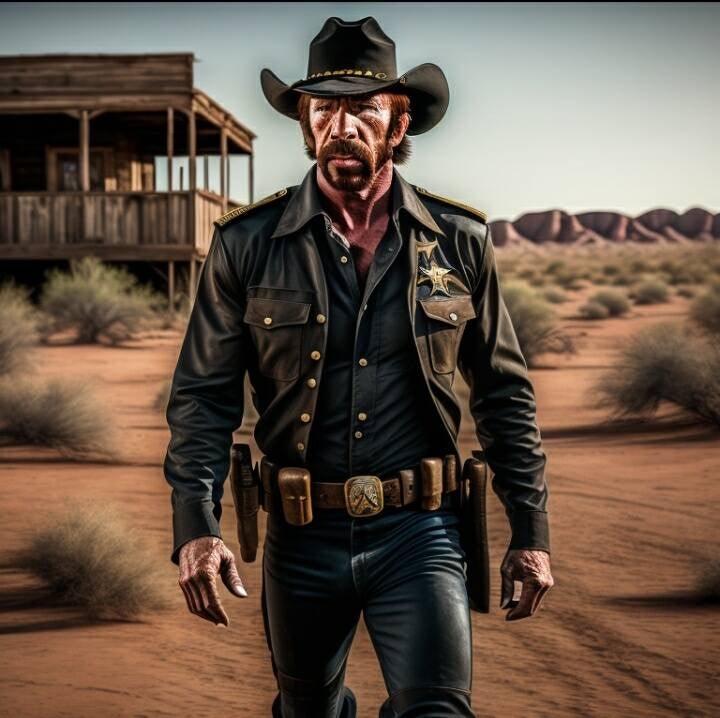
Martial arts have had a significant impact on popular culture and media over the past few decades. From movies and television shows to video games and comic books, the influence of martial arts can be seen in many different forms of entertainment. This article will explore the impact of martial arts on pop culture and media, and how it has influenced the way we think about combat, discipline, and personal development.
Martial Arts in Movies
Martial arts have had a significant impact on the movie industry. From the early days of Kung Fu movies to the modern-day superhero films, martial arts have played a big role in shaping the way we view combat and action on the big screen.
One of the most influential martial arts movies of all time is Bruce Lee's Enter the Dragon. The movie, which was released in 1973, introduced many people to the world of martial arts and helped to popularize the genre. The movie was a huge success, both commercially and critically, and it inspired a generation of filmmakers and martial arts enthusiasts.
Since then, martial arts movies have continued to be a popular genre. Movies like Crouching Tiger, Hidden Dragon, Kill Bill, and The Raid have all had a significant impact on the movie industry and have helped to popularize martial arts around the world.
Martial Arts in Television Shows
Martial arts have also had a significant impact on television shows. One of the most famous examples is the 1970s television show Kung Fu, which starred David Carradine as a Shaolin monk who travels through the American Old West. The show was a huge success and helped to popularize martial arts in the United States.
Since then, martial arts have continued to be a popular theme in television shows. Shows like Walker, Texas Ranger, Arrow, and Iron Fist all feature martial arts as a central theme, and they have helped to promote the practice to a wider audience.
Martial Arts in Video Games
Martial arts have also had a significant impact on the video game industry. From fighting games like Street Fighter and Mortal Kombat to action games like Ninja Gaiden and Devil May Cry, martial arts have played a big role in shaping the way we think about combat in video games.
One of the most influential martial arts games of all time is Street Fighter II. The game, which was released in 1991, introduced many people to the world of martial arts and helped to popularize the fighting game genre. The game was a huge success, both commercially and critically, and it inspired a generation of game developers and martial arts enthusiasts.
Since then, martial arts have continued to be a popular theme in video games. Games like Tekken, Virtua Fighter, and Dead or Alive all feature martial arts as a central theme, and they have helped to promote the practice to a wider audience.
Martial Arts in Comic Books
Martial arts have also had a significant impact on the comic book industry. From characters like Iron Fist and Shang-Chi to teams like the Teenage Mutant Ninja Turtles, martial arts have played a big role in shaping the way we think about superheroes and action in comic books.
One of the most influential martial arts comic book characters of all time is Batman. While Batman is not a traditional martial arts expert per se, he is often depicted as being highly skilled in hand-to-hand combat and other forms of physical combat. The character has inspired a generation of comic book fans and martial arts enthusiasts. Batman is an example of an early fictional mixed martial artist.
Since then, martial arts have continued to be a popular theme in comic books. Characters like Daredevil, Black Panther, and Elektra all feature martial arts as a central theme, and they have helped to promote the practice to a wider audience.
Martial arts have had a significant impact on popular culture and media over the past few decades. From movies and television shows to video games and comic books, the influence of martial arts can be seen in many different forms of entertainment. The practice has helped to shape the way we view entertainment and see martial artists as more than people, but superheroes.
Add comment
Comments